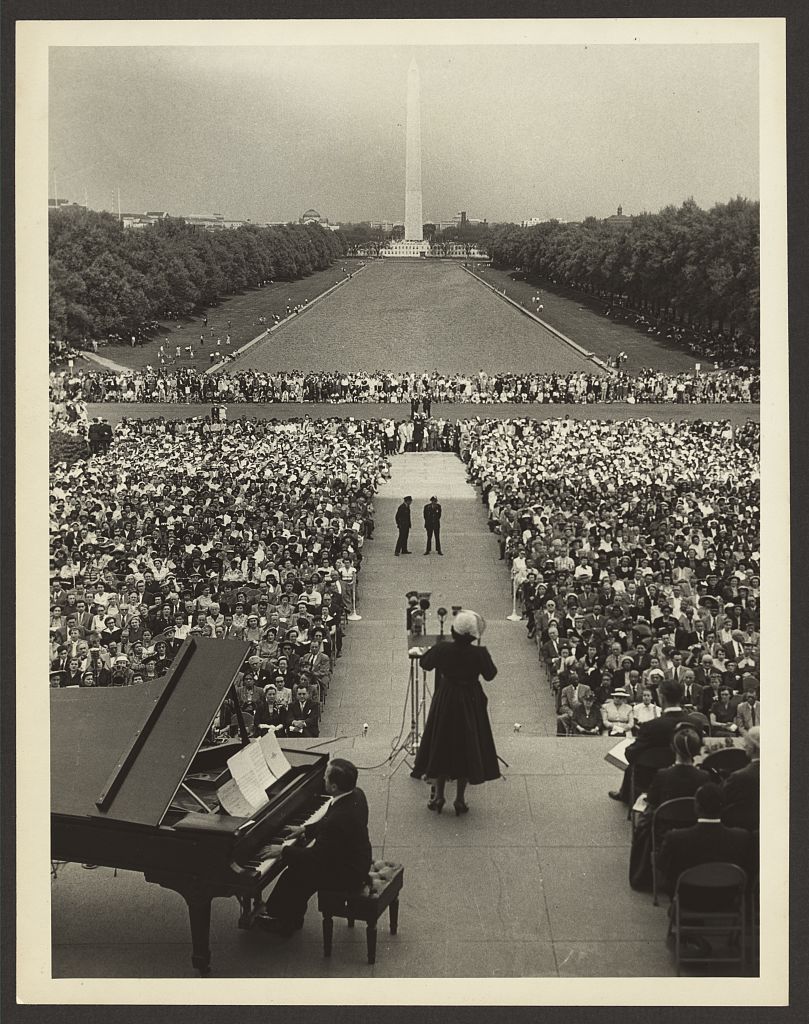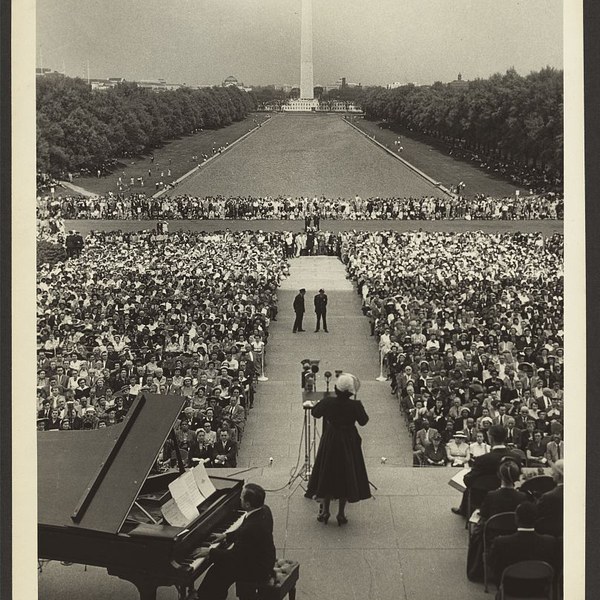More information on ticket fees for in-person attendance can be found by clicking the “In-person Registration” button. Virtual attendance is free.
Washington, D.C., established by the U.S. constitution to serve as the nation’s capital in 1790, shares its “made-for-purpose” history with a number of other colonial capitals. Yet, compared to the likes of Ottawa, Canberra, and Wellington, it is unusual for the vibrancy and uniqueness of its cultural scene. Today, it is both a political center and a racially diverse, yet still segregated, global city–features that have helped its citizenry cultivate a musical culture that is simultaneously hyper-local and globally connected. The nation’s capital is also a center for private patronage of music and the fine arts, in particular Dumbarton Oaks, as well as public institutions, such as the Smithsonian, Library of Congress, and National Endowment for the Arts. While the music histories of cities like New York, Boston, and Los Angeles have received significant attention from musicologists, D.C. has been less considered–and this despite its unusual, yet nationally important history.
The interaction of popular and classical music creation and performance with political expression in D.C. dates back to the early centuries of the city’s history. It became particularly pronounced during the twentieth century, with growing interest in using music as a diplomatic tool on the part of the federal government (especially the Department of State), D.C.-connected private foundations, and foreign state embassies. The city also became a home to high quality music performance, at venues such as the Kennedy Center and the National Theatre, and its orchestras and choirs gained international reputations. At the same time it birthed unique, often politically-infused contributions to genres such as country music, jazz, and gospel, as well as the D.C.-born funk subgenre, go-go. Music has long served, moreover, as a venue for addressing the many issues facing racialized and segregated communities in the city.
Bringing together musicians, music historians, and ethnomusicologists from the United States and Canada and using the Blisses and Dumbarton Oaks as its inspiration, this symposium examines Washington, D.C.’s history as a globally unique political-musical center. An evening concert by a D.C.-based music ensemble is planned for the first night. The convenors will propose the release of an edited volume following the symposium.

